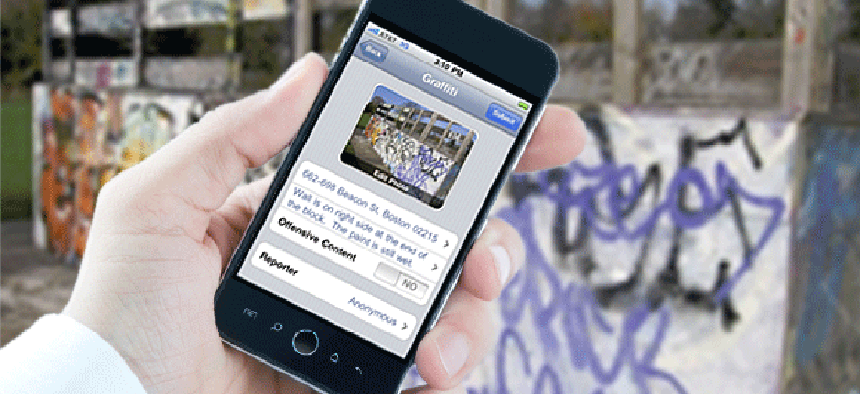Boston posts guide for civic engagement tools


Connecting state and local government leaders
Boston's Office of New Urban Mechanics together with researchers with Emerson College's Engagement Game Lab recently released a "lessons learned" booklet for developing and deploying innovative tools for engaging citizens.
Boston’s Office of New Urban Mechanics together with researchers with Emerson College’s Engagement Game Lab recently released a “lessons learned” booklet for developing and deploying innovative tools for engaging citizens. After many years of collaboration, the partners wanted to document their projects and processes to help other cities build on what they had learned.
The Design Action Research with Government: A Guidebook calls for collaboration between academic researchers and government offices, citizen-centered and research-based approaches well as a process that includes both research and iterative design and code.
“It is the government’s responsibility to not only develop tools and programs, but to understand what they do, how they work and why they are relevent,” according to the booklet. “It’s less important that people use new tools than it is that they focus on using the right tools.”
One tool DARG is working on is StreetCred. It is based on Citizens Connect (CC), which was originally designed as a 311 app to help residents report graffitti or potholes directly to the right person at City Hall. However, in a survey of CC users, Boston found that, while CC had social features, people weren’t using them; 38 percent of users had never used the app to look at other reports; 41 percent reported they used CC “a minority of the time” and people reported items close to their home.
So when the city designed Street Cred, it incorporated gamification features such as allowing citizens to earn badges, compete with neighbors and share civic accomplishments. It also integrated Foursquare, Instagram, SMS and email to leverage existing mobile social sharing. A new version is due out this spring.
The Habit@ project aims to understand a community’s capacity for using and sustaining tools for civic benefit as well as to develop models other cities can use. Students from the Harvard Kennedy School of Government and the Graduate School of Design worked with community organizations to create a variety of tools, including touchscreens in a community development office displaying information about jobs, transportation and events as well as a social online game for deliberating and debating local issues.
The “lessons learned” concept is similar to Philadelphia’s Open Data Guidebook, announced last month. The guidebook, based on the city’s experience with moving to open data, offers suggestions on reviewing data for completeness and accuracy, adding metadata components and terms of use as well as staging the data and using application programming interfaces.
New Urban Mechanics, an in-house R&D lab for city government, has been operational in Boston since 2009. Its three main goals are improving communications between government and its citizens; using technology and sustainable design in designing, building and managing cities; and exploring the use of new tools to improve its education efforts. Engagement Game Lab is an applied research lab for designing and studying new approaches to civic engagement.




